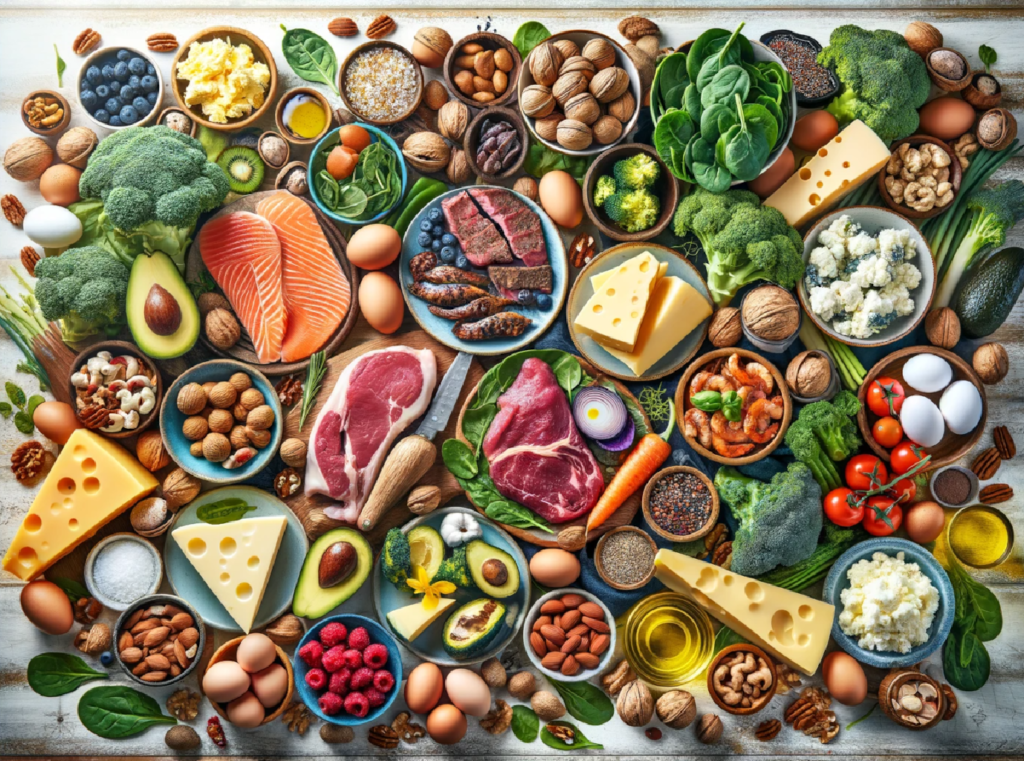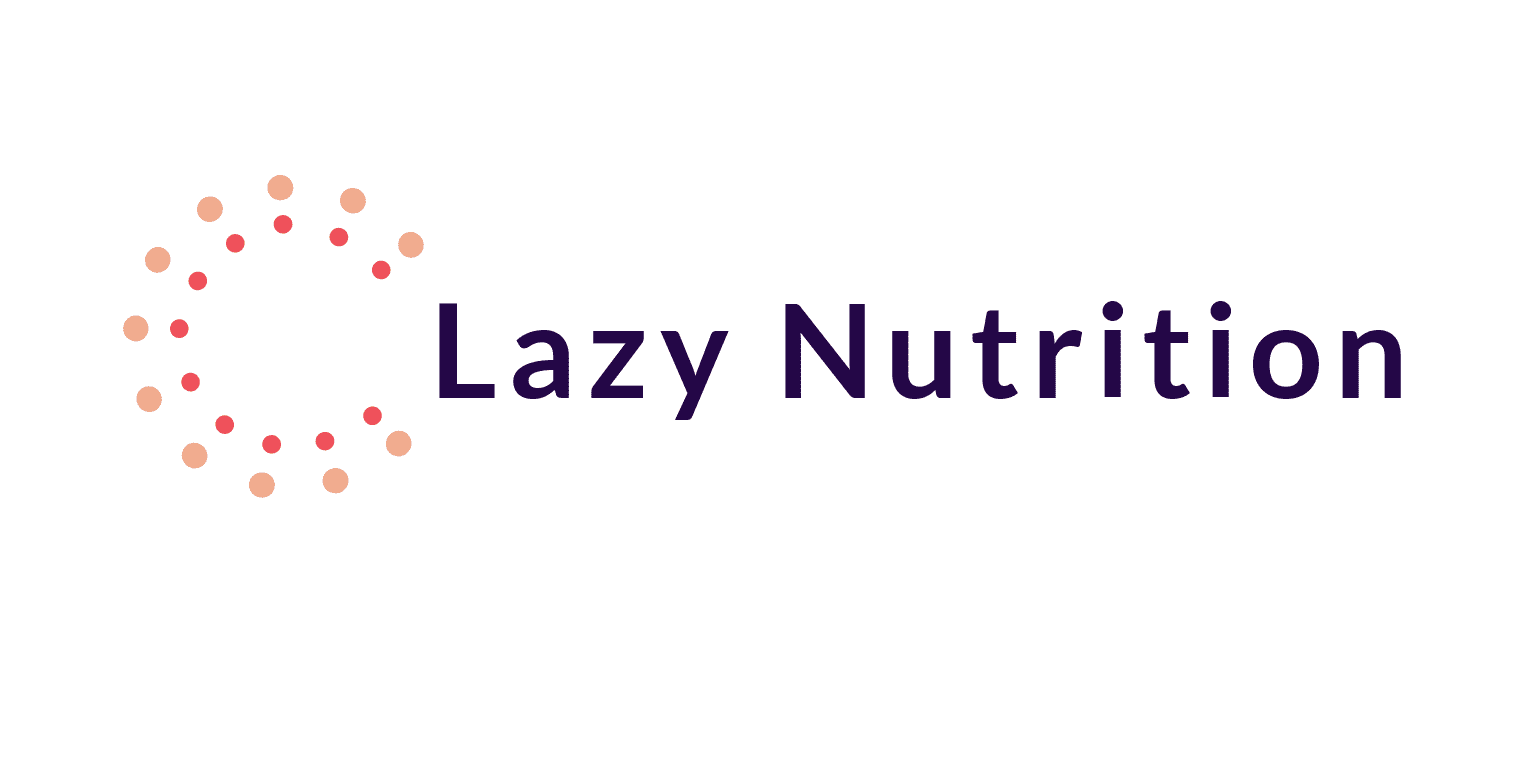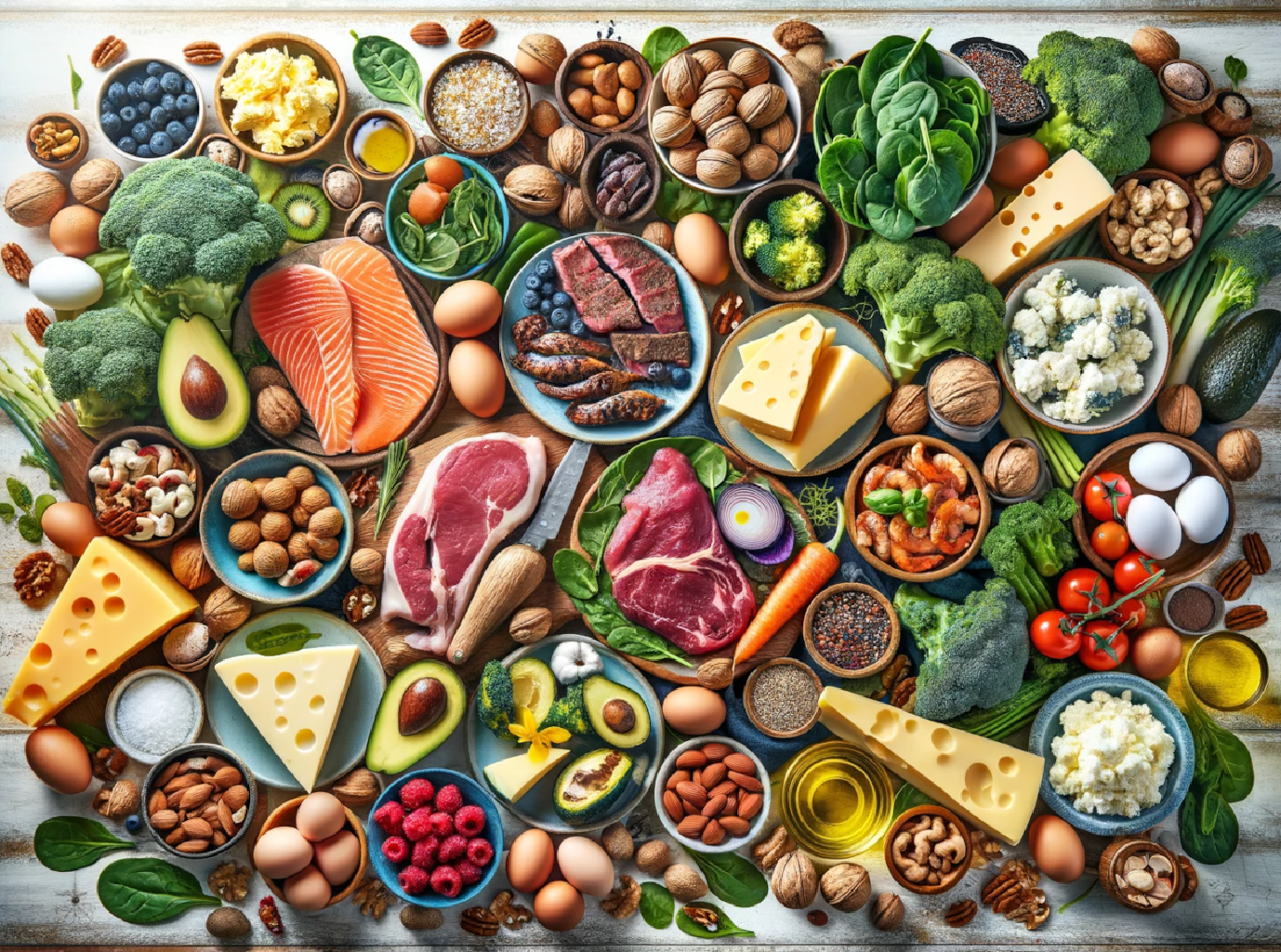What is the Ketogenic Diet?
The Ketogenic diet, commonly known as “keto,” is a high-fat, adequate-protein, and low-carbohydrate diet that has gained popularity for its potential to promote weight loss and improve certain health conditions. By drastically reducing carbohydrate intake and replacing it with fat, the body is forced into a metabolic state called ketosis. In ketosis, the body becomes incredibly efficient at burning fat for energy. Additionally, it turns fat into ketones in the liver, which can supply energy for the brain. The ketogenic diet can cause significant reductions in blood sugar and insulin levels, along with other health benefits.
The ketogenic diet works by altering the body’s primary energy source. Normally, carbohydrates are converted into glucose, which is used as the main fuel. However, when carbohydrate intake is significantly reduced, the body starts to rely on stored fat for energy, leading to the production of ketones by the liver. These ketones serve as an alternative energy source for both the body and brain. This shift from using glucose to fat and ketones is what leads to the state of ketosis. Achieving ketosis usually requires consuming less than 50 grams of carbohydrates per day, although this amount can vary depending on the individual. It typically takes a few days to a week for the body to enter ketosis after starting the diet.
Pros
The ketogenic diet offers several health benefits that have been supported by scientific studies. Firstly, it has been shown to promote weight loss more effectively than low-fat diets, partly because it helps reduce appetite. This effect can be attributed to ketosis, which influences the hormones that regulate hunger. Secondly, the ketogenic diet can improve insulin sensitivity and help manage blood sugar levels, making it a potentially beneficial dietary approach for people with type 2 diabetes and prediabetes. Additionally, because the diet is high in fats and proteins, it can lead to a feeling of fullness for longer periods, reducing overall calorie intake.
Research also suggests that the ketogenic diet may have benefits for certain neurological disorders. For example, it has been used for decades as a treatment for epilepsy, significantly reducing seizure frequency in children and adults. Emerging evidence indicates potential benefits for other neurological conditions, such as Alzheimer’s disease, Parkinson’s disease, and certain sleep disorders, although more research is needed in these areas.
Cons
Despite its benefits, the ketogenic diet comes with several drawbacks and potential side effects. Initially, individuals may experience the “keto flu,” a collection of symptoms including headache, fatigue, dizziness, nausea, and irritability, as the body adjusts to ketosis. These symptoms typically resolve within a few days to weeks as the body adapts.
Moreover, the restrictive nature of the diet makes it challenging to maintain long-term for some people. It limits or excludes major food groups, which can lead to nutrient deficiencies if not carefully managed. Important nutrients like fiber, vitamins, and minerals found in fruits, vegetables, and whole grains may be inadequately consumed, leading to potential health issues over time.
Additionally, there’s a risk of developing unhealthy eating patterns or an over-reliance on high-saturated fat foods, which could negatively impact heart health. Long-term adherence to the ketogenic diet may also increase the risk of kidney stones, liver disease, and certain deficiencies due to the low intake of fruits, vegetables, and whole grains.
It’s essential for individuals considering the ketogenic diet to consult healthcare professionals to ensure it’s suitable for their health status and to minimize potential risks.

Foods to Eat
On the ketogenic diet, the focus is on high-fat, moderate-protein, and very low-carbohydrate foods. Here’s a list of foods that fit into a ketogenic diet:
- Fatty Fish: Such as salmon, trout, tuna, and mackerel, which are high in omega-3 fats.
- Meats: Grass-fed beef, pork, chicken, turkey, and other fresh meats are good protein sources.
- Eggs: Preferably omega-3 enriched or pastured.
- Butter and Cream: Look for grass-fed when possible.
- Cheese: Unprocessed cheese (cheddar, goat, cream, blue, or mozzarella).
- Nuts and Seeds: Almonds, walnuts, flaxseeds, pumpkin seeds, chia seeds, etc.
- Healthy Oils: Primarily extra virgin olive oil, coconut oil, and avocado oil.
- Avocados: Whole avocados or freshly made guacamole.
- Low-Carb Vegetables: Most green veggies, tomatoes, onions, peppers, etc.
- Condiments: You can use salt, pepper, herbs, and spices.
These foods form the backbone of the ketogenic diet, providing the necessary fats and proteins while keeping carbohydrate intake to a minimum.

Foods to Avoid
To maintain ketosis, it’s crucial to limit foods high in carbohydrates. Here are foods to avoid or minimize on the ketogenic diet:
- Sugary Foods: Soda, fruit juice, smoothies, cake, ice cream, candy, etc.
- Grains or Starches: Wheat-based products, rice, pasta, cereal, etc.
- Fruit: All fruit, except small portions of berries like strawberries.
- Beans or Legumes: Peas, kidney beans, lentils, chickpeas, etc.
- Root Vegetables and Tubers: Potatoes, sweet potatoes, carrots, parsnips, etc.
- Low-Fat or Diet Products: These are often high in carbs and processed.
- Some Condiments or Sauces: Those containing sugar and unhealthy fat.
- Unhealthy Fats: Limit your intake of processed vegetable oils, mayonnaise, etc.
- Alcohol: Due to its carb content, many alcoholic beverages can throw you out of ketosis.
- Sugar-Free Diet Foods: These are often high in sugar alcohols, which can affect ketone levels in some cases.
Avoiding these foods is key to staying within the ketogenic diet’s strict carb limits, thus maintaining a state of ketosis.

